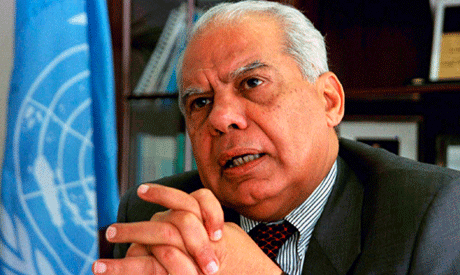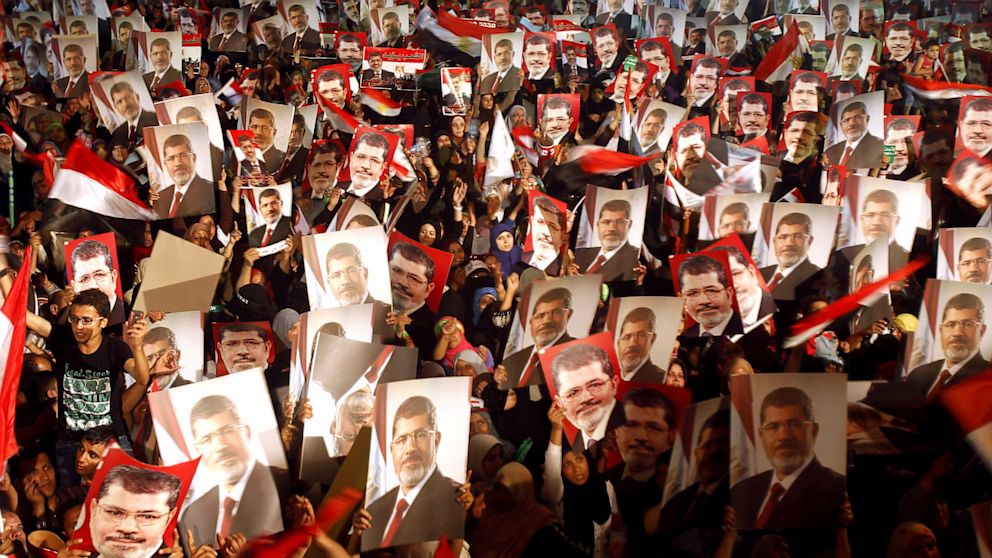Very soon after the removal of Mursi from his post, and after a few different considerations, Adli Mansour, a long-standing judge, but a less well-known figure internationally, has been chosen as interim president. Mansour enjoys the backing of the army which remains almost indispensable for a person to be the leader of Egypt.
Mansour did not take very long to chose the interim prime minister for Egypt, and chose Hazem el-Beblawi, and his vice president for foreign relations is, as expected, the liberal Mohammed el-Baradei. These decisions and the outcomes divided Egypt and the country stands at a crossroads once again with its government and the large opposition.

Egypt’s new leaders, with the blessing of the army, set a timetable for the new parliamentary elections to be held in early 2014. A date for the presidential ballot is to be announces afterwards. With the timetable comes a new transition plan as well, which includes amending the draft constitution within five months, that has been suspended after Mursi’s forced departure. The modifications shall be ratified and parliamentary elections are supposed to be held after these modifications are accepted and ratified on a referendum. This procedure should take no more than 210 days as calculated by the interim leadership, and as expressed in a 33-article decree.
This idea is, however, not to please everyone: some say that instead of amending the constitution, a new one should be drafted, while the religiously oriented opposition – that is, the Brotherhood – reject the whole idea of amendments and new elections, claiming that amendments to the constitution implemented by putchists will bring Egypt back to square one. And the country has already once demonstrated against that point of departure. On the other hand, the people whose uprising finally led to the overthrow of Mursi, complain about the lack of consultation that preceded – or should have preceded – the announcement of the amendments to be made.

Islamists also continuously draw attention to the number of those who have been killed during the protests, which include mostly their own members and supporters. In addition, many of their ranks have been put into prison, seemingly without real crimes. Therefore the Brotherhood still calls for a wide-scale uprising against the new order. Supporters keep calling for the reinstatement of Mursi, and the party itself rejected the offer to join Egypt’s transitional cabinet.
Whether or not he Brotherhood chooses the good policy is a question of many discussions and doubts. Mursi did well not to attack the protestors against his government in order not to lose even more support, however now the Brotherhood has to face a difficult situation in which is it hard to decide to cooperate or not. In case of cooperation, supporters may perceive it as a cowardly act, yet they could be able to retain a portion of leverage on the country’s politics. In the other case, they can keep the image of the kind-hearted martyr, keeping and maybe regaining some sympathy but losing control.






